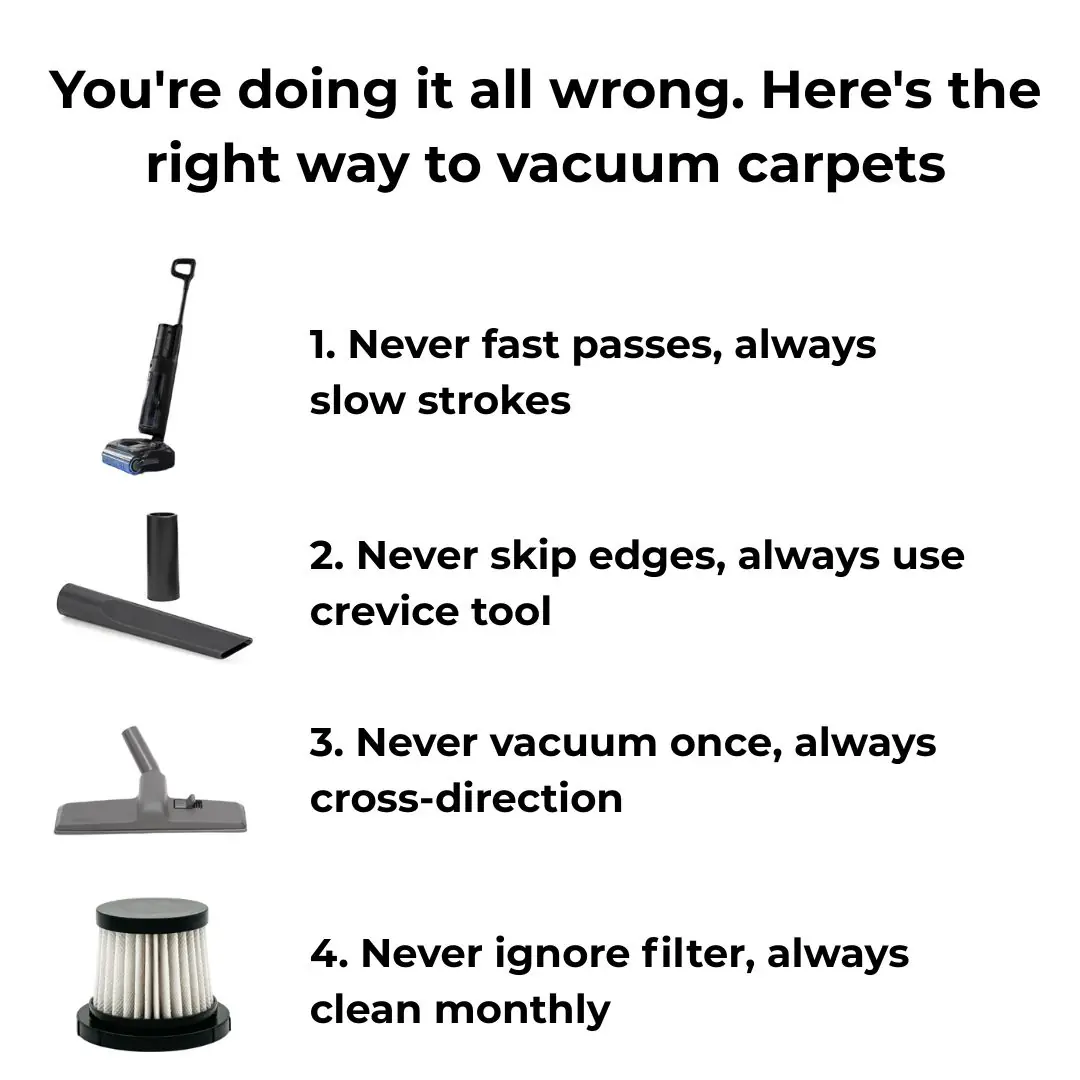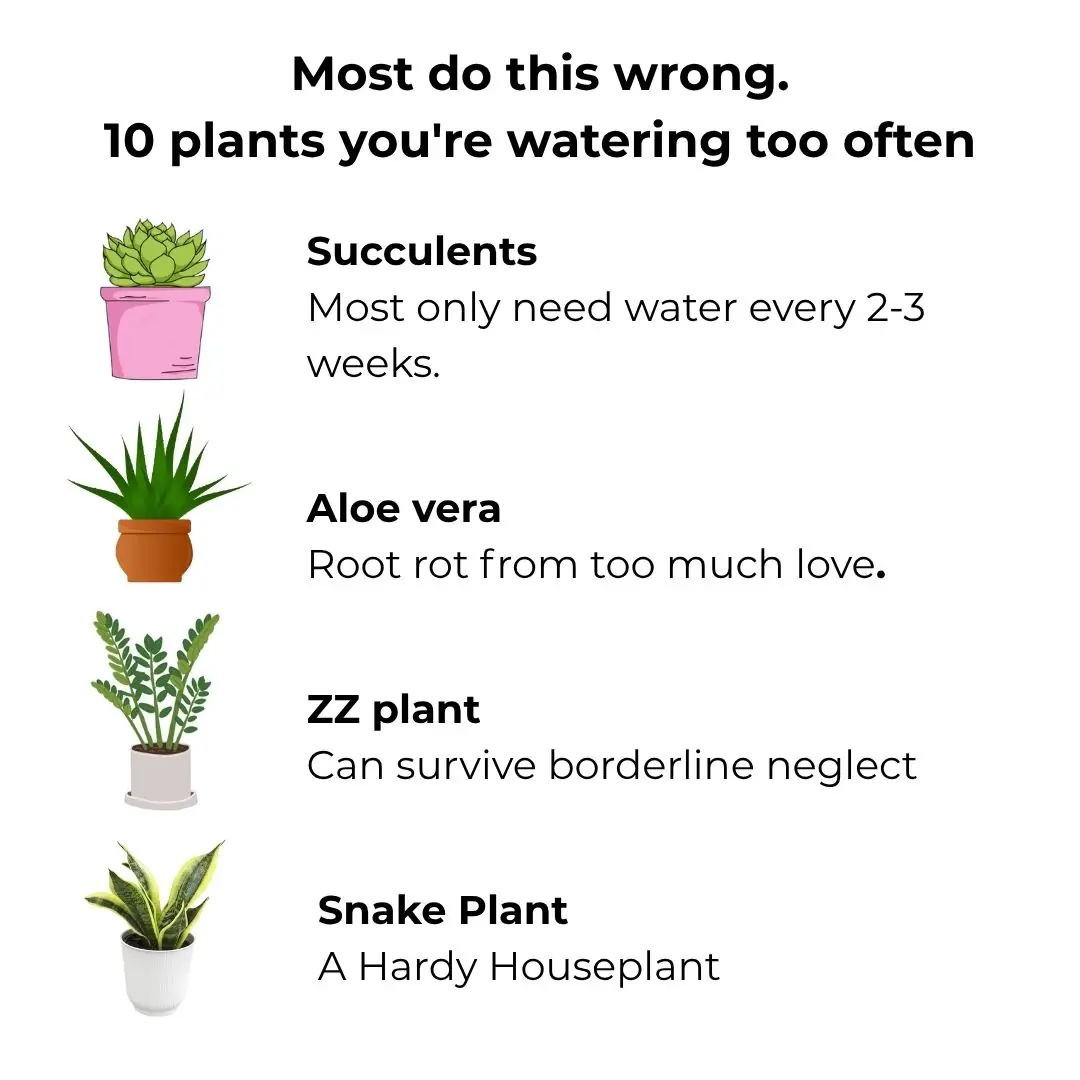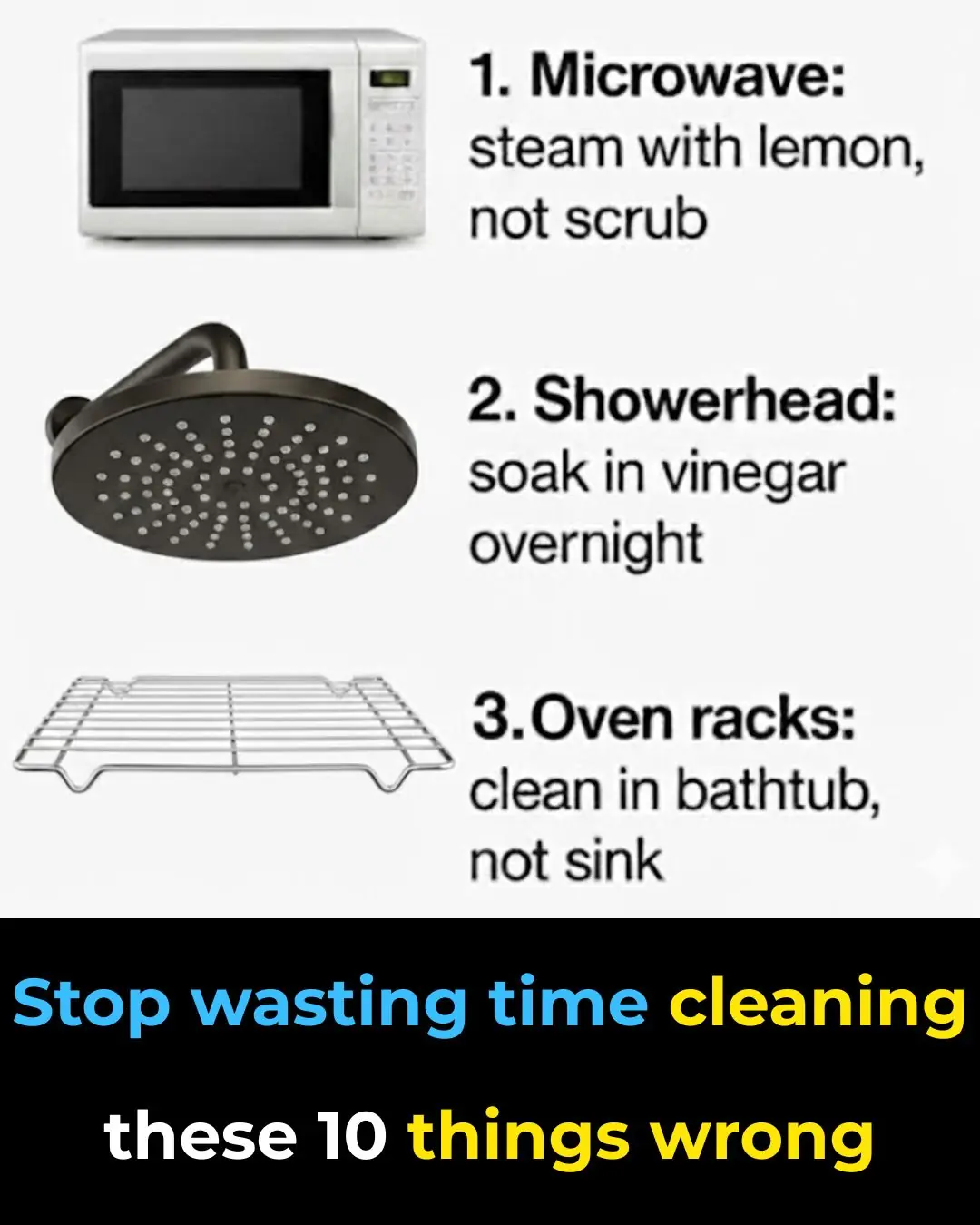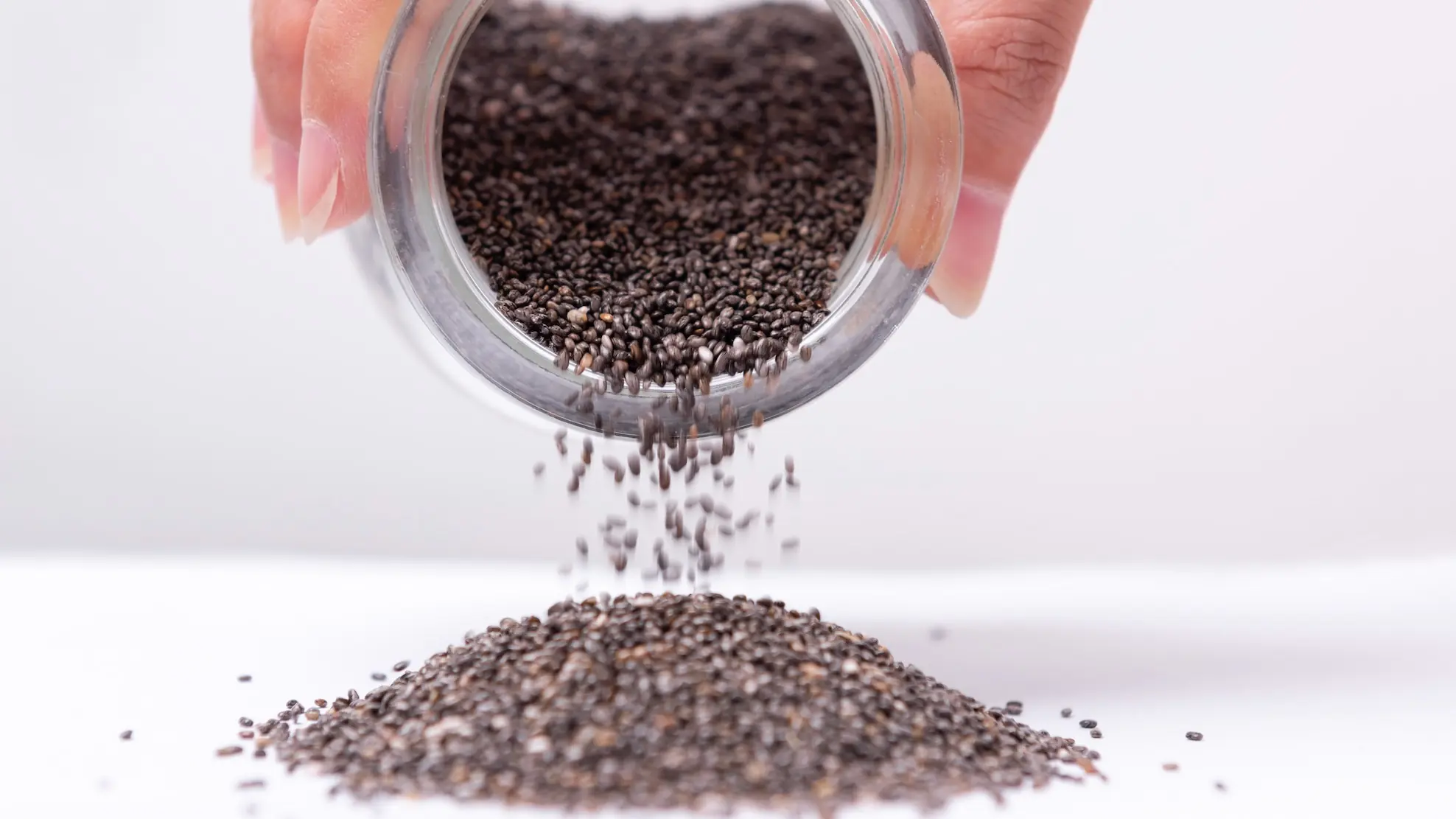
Put an orange next to your bed, your health will improve unexpectedly
Just placing an orange next to your bed every night can bring surprising health benefits that are almost hard to believe. Let’s explore the amazing changes I personally experienced!
In nature, many fruits possess unique properties that can help improve sleep quality. A classic example is the apple, a member of the Rosaceae family. Known not only for its nutritional value, apples also give off a pleasant scent that relaxes the body and mind, helping to relieve stress and fatigue.
According to Dr. Phó Hải Đan, Deputy Head of the Sleep Medicine Department at Donghu Hospital in Wuhan (China), placing an apple by your bedside before sleeping isn’t just an old folk trick — it actually has a scientific basis. Apples contain linalool, a compound that soothes the central nervous system, reduces mental stress, and creates a sense of calm that promotes better sleep.
But apples aren’t the only fruit with these benefits. Citrus fruits — such as oranges, lemons, tangerines, and grapefruits — have similar effects. Research by Mr. Vũ Trình Xuân, a Traditional Chinese Medicine expert at Harbin Medical University’s Fourth Affiliated Hospital, shows that citrus fruits contain limonene, a major component found in essential oils of oranges, pine, and camphor. Limonene releases a fresh, distinctive aroma that stimulates the brain to produce alpha waves, helping you relax and drift off to sleep more easily.
To make the most of these benefits, you can peel an orange or tangerine and place it near your pillow before bed. The gentle fragrance from the peel will fill the air, relaxing your mind and guiding you into a deeper, more restful sleep. For stronger results, use a few more pieces to enhance the scent.
Common citrus fruits like oranges, lemons, tangerines, and grapefruits are easy to find and can be conveniently used in everyday life. Maintaining this simple habit not only improves sleep quality but also enhances your overall physical and mental well-being. Try it tonight and feel the difference in every dream!
🌙 5 Golden Keys to Better Sleep
1. Build a consistent sleep routine
Keeping a regular sleep schedule helps regulate your body’s biological clock. Go to bed and wake up at the same time each day, even on weekends. Avoid oversleeping or long naps during the day, as they can disrupt your natural rhythm.
Simple pre-bed rituals — like washing your face, soaking your feet in warm water, or gentle stretching — can help you relax and prepare for deep sleep. The ideal sleep duration for adults is 7–9 hours per night.
2. Reduce physical stress before bedtime
Avoid heavy or spicy meals before bed, and limit foods high in sugar or fat that can stimulate your digestive system.
Also, steer clear of drinks containing caffeine (like tea or coffee) or other stimulants at least 6 hours before sleeping. While alcohol may make you feel sleepy initially, it actually disrupts deep sleep later in the night.
3. Create a comfortable sleeping environment
Your bedroom should be cool, clean, and quiet, ideally between 20–24°C. Choose the right mattress and pillow for your body type, and keep your bed tidy.
Use blackout curtains or a sleep mask to minimize light exposure. If you must use a nightlight, opt for a soft, downward-facing one to avoid interrupting melatonin production — the hormone that regulates sleep.
4. Limit screen time
Electronic devices such as smartphones, tablets, and TVs emit blue light, which suppresses melatonin production and interferes with natural sleep. Stop using them at least 30–60 minutes before bed.
Instead, try reading a physical book or listening to calm music — your brain will naturally transition to a relaxed state.
5. Stay active and get sunlight
Moderate physical activity not only burns excess energy but also reduces stress and improves mood. Exercise outdoors in the morning or afternoon to absorb natural light, which helps regulate your body clock and improves nighttime sleep.
However, avoid intense workouts in the evening — they can make it harder to fall asleep.
🩺 When to seek medical help
If you’ve tried all the above methods but still suffer from chronic insomnia, it could be a sign of an underlying sleep disorder — such as sleep apnea, anxiety, or depression. Don’t hesitate to consult a doctor or sleep specialist for proper evaluation and treatment.
Taking care of your sleep isn’t just a personal habit — it’s the foundation of long-term health. Start tonight, and wake up refreshed, energized, and ready to take on the day! 🌿
News in the same category


You're doing it all wrong. Here’s the right way to store tomatoes

You’re doing it all wrong. Here’s the right way to vacuum carpets

Most do this wrong. 10 plants you’re watering too often

Most don’t know. 12 brilliant ways to use WD-40 around the house

When frying lolot leaf patties, remember to take an extra step so the patties turn out fragrant, bright green, and not darkened.

5 breakfast dishes that boost liver and kidney function, tasty, nutritious, affordable, and very easy to make

The plant that DOG FLUKE AND CAT WORM see is scary, destroy the helminth larvae, people

Revealed: Tips to clean tiles to shine at home without spending a dime

If you don't want your electricity bill to skyrocket, take action immediately to prevent your freezer from frosting over

How to Quickly Remove Spider Webs from the Ceiling Without Sweeping Up Dust

Don’t Be Too Quick to Throw Away Rotten Tomatoes – The More Rotten They Are, the More Useful They Become! Few People Know This Trick

Clogged Toilet? Try This Simple Trick — Within 5 Minutes, the Water Flows Smoothly Again

Wow, I never knew this!

Stop throwing out old plastic food containers. Here’s 10 brilliant hacks to use them around the house

Put borax on wax paper and slide it under fridge. Here's why

Stop wasting time cleaning these 10 things wrong

No way, I was so out of the loop here

Take meat from the freezer that is as stiff as bricks
News Post

Garlic & Cloves: The Natural Remedy for Varicose Veins and Circulation

Here’s Why Many Couples Start Sleeping In Separate Beds After 50

5 foods that heal your body and STARVE cancer—eat these now!

Conveniently keep these 3 things under the bed, no wonder the family is in chaos, has many difficulties, and still works hard

Stop ruining leftovers with these 10 mistakes

You're doing it all wrong. Here’s the right way to store tomatoes

Diagnosed With Terminal Cancer That Spread to Her Brain, the Woman Broke Down in Tears After Learning the “Culprit” Came From Her Own Family

The Impressive Health Benefits of Guava Fruit and Leaves & How to Eat Guava (Evidence Based)

Do You Wake Up With Numb or Tingling Hands? Here's What Your Body Is Trying to Tell You

5 Phrases That Indicate a Man is About to Leave His Wife for Another Woman

You’re doing it all wrong. Here’s the right way to vacuum carpets

Can You Find The Missing Girl in the Wilderness

How to Control Blood Sugar Levels with a Boiled Egg

Why You Keep Your Room Messy According to Psychology

I started adding chia seeds to my breakfast every day — and within a week, I noticed some surprising changes

Most do this wrong. 10 plants you’re watering too often

Most don’t know. 12 brilliant ways to use WD-40 around the house

When frying lolot leaf patties, remember to take an extra step so the patties turn out fragrant, bright green, and not darkened.

4 powerful vitamins that help protect you from cancer—start today!
